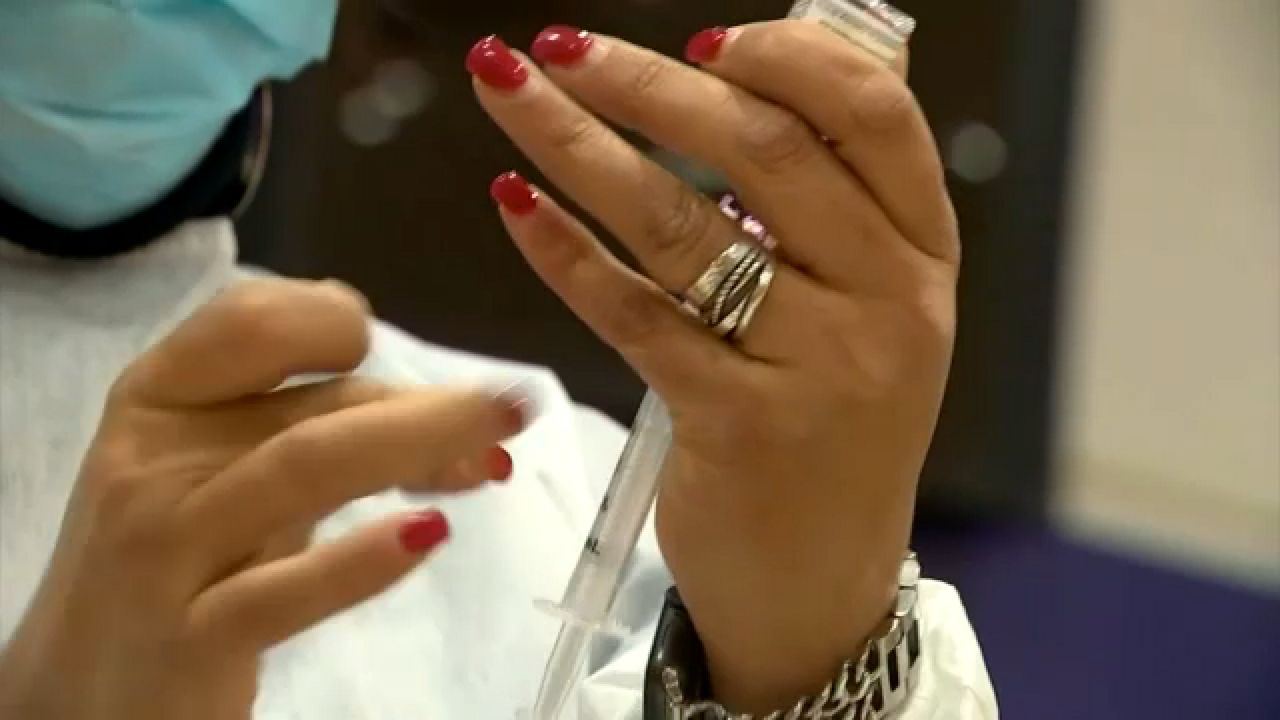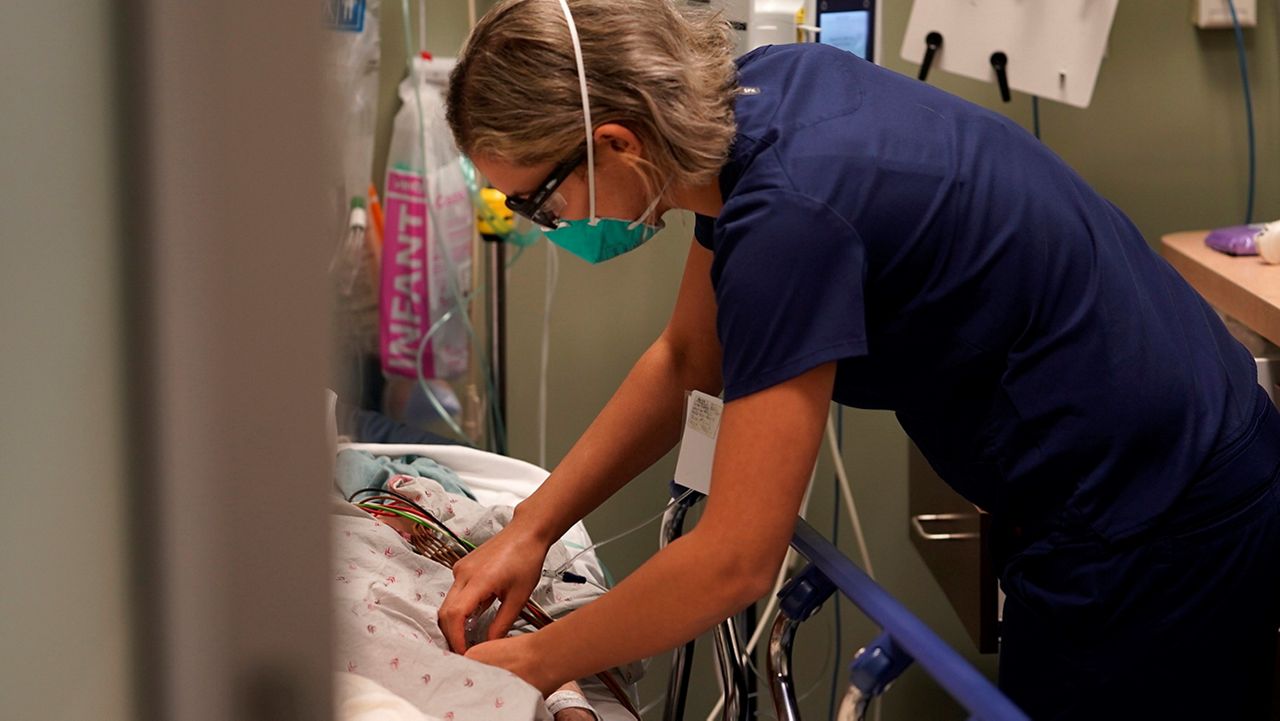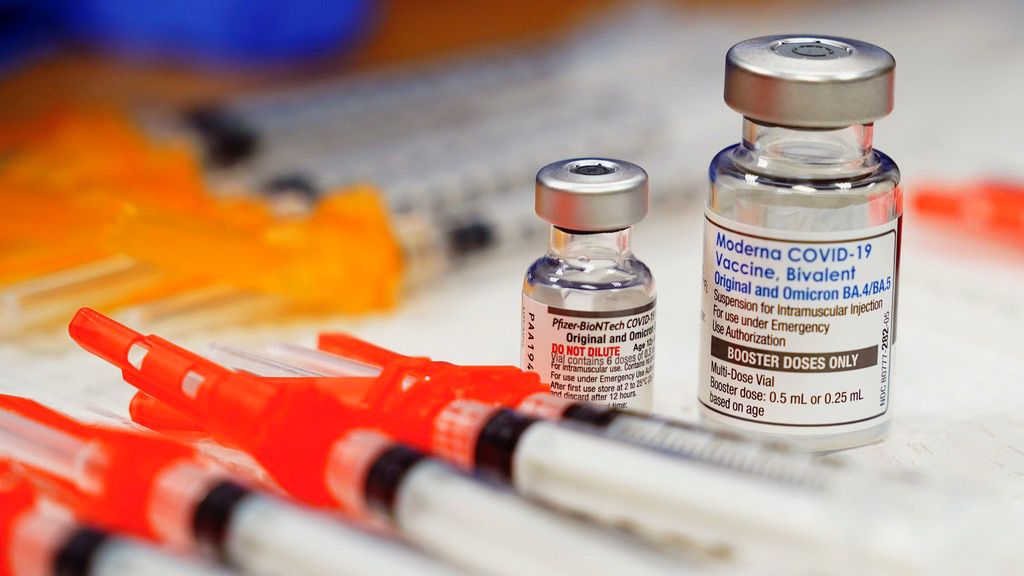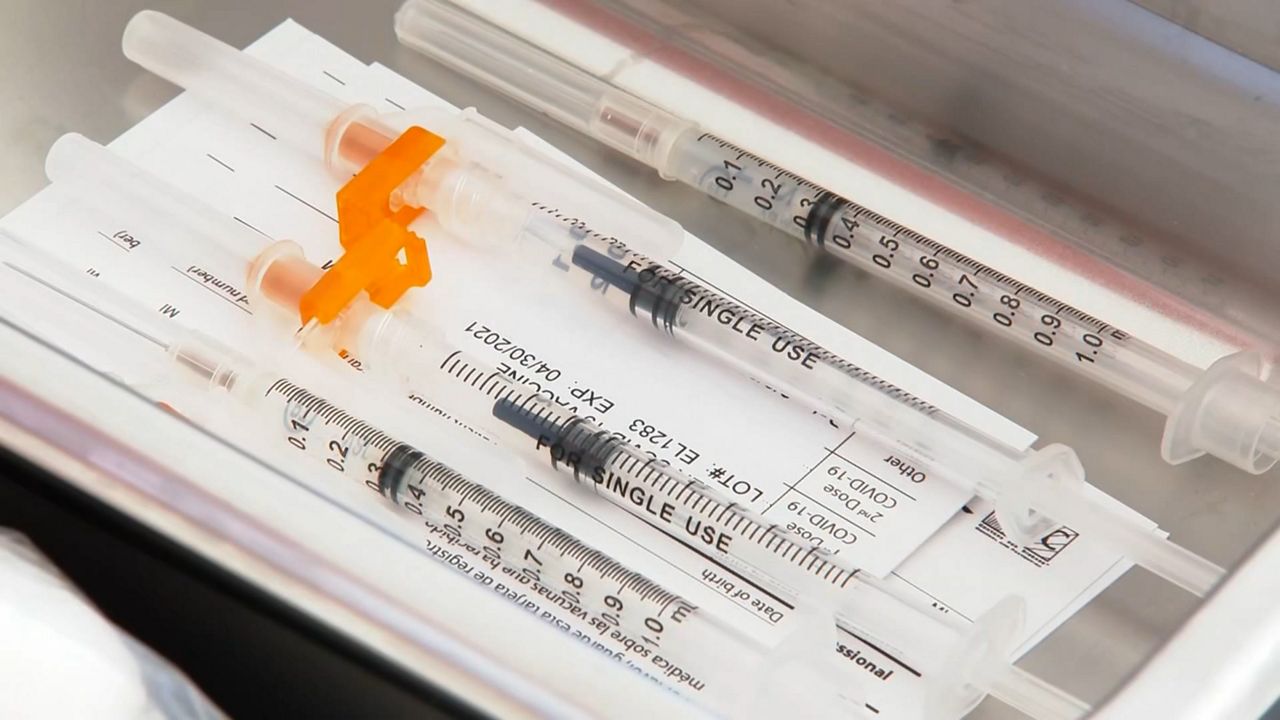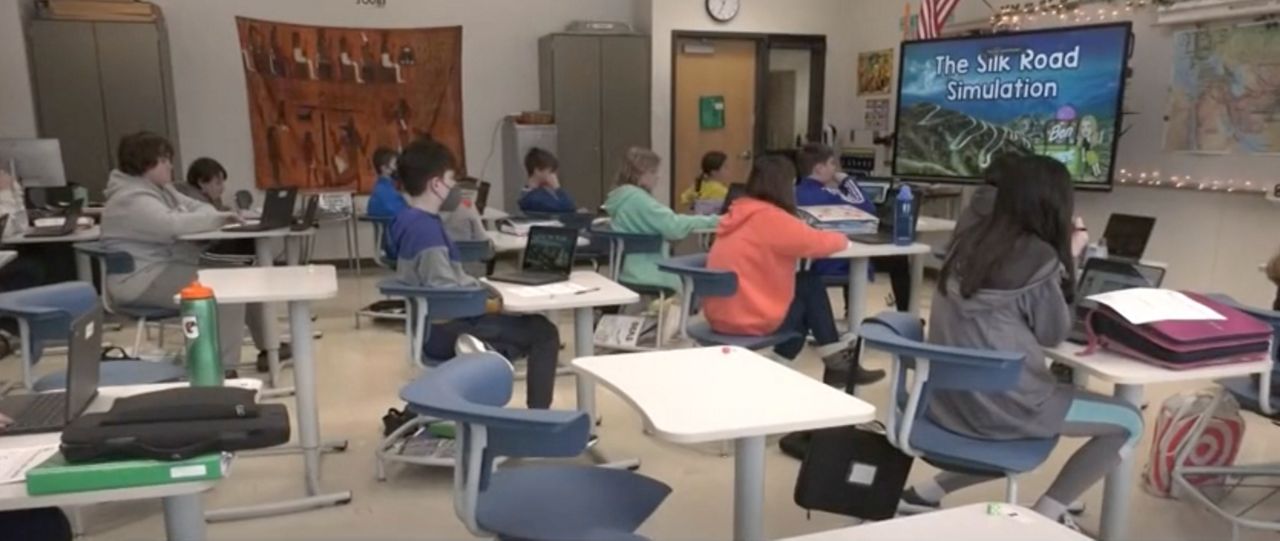COLUMBUS, Ohio — Ohio State University researchers showed that COVID-19 vaccine hesitancy dropped more significantly among Black individuals than white people.
In a study published Friday in the Journal of the American Medical Association, Black Americans were initially more hesitant to get the COVID-19 vaccine. But the researchers noted that within months, white individuals were more likely to be hesitant of the vaccine.
OSU’s College of Public Health researchers followed 1,200 Americans from December 2020 through June 2021. Each month, researchers gauged the hesitance of Americans toward the COVID-19 vaccine.
In December 2020, as the U.S. began administering COVID-19 vaccines in a non-clinical setting, the study found that about 38% of Black participants and 28% of white participants were hesitant. By the time the study concluded in June 2021, 26% of Black participants and 27% of white participants were hesitant.
Despite the apparent declining hesitancy among Black individuals, Ohio Department of Health data suggests fewer Black Ohioans were vaccinated against COVID-19. The state says that 56% of white Ohioans have gotten at least one dose of the COVID-19 vaccine compared to 46% of Black Ohioans.
Researchers said the data shows assumptions about why Black individuals have a lower COVID-19 vaccination rate than white people might not be accurate.
“From the start of the vaccine rollout, we began to hear about how Black Americans were going to resist vaccinations. Our study highlights that any emphasis on hesitance as the primary challenge to vaccination among Black Americans would be a mistake,” said study lead author Tasleem Padamsee of Ohio State’s College of Public Health. “We must not lose sight of the significant access barriers that persist, including distant vaccine sites, lack of transportation and inflexible work hours.”
Study co-author Kelly Garrett agreed that some might have had obstacles accessing COVID-19 vaccines.
“The data suggest that Black communities were particularly focused on ways to protect themselves and their communities as more evidence emerged that vaccines were effective and safe,” Garrett said.





